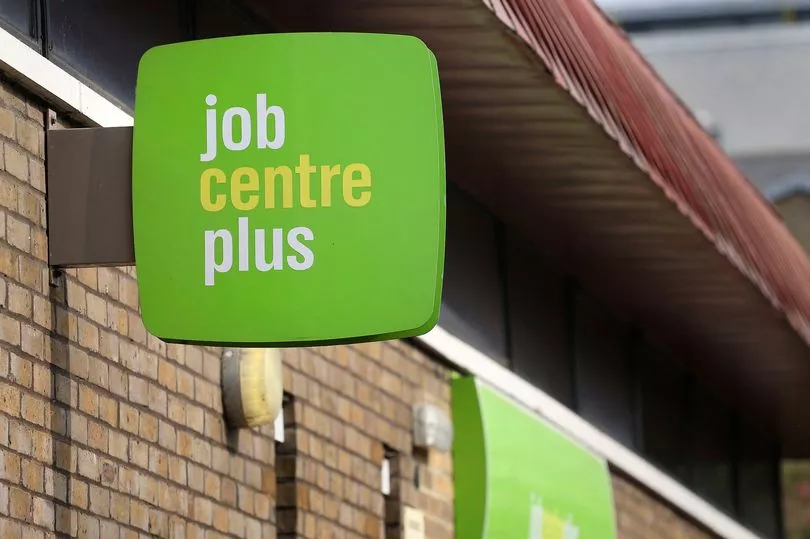The bustling town of Aylesbury is bracing itself for significant travel disruptions as a crucial thoroughfare into the town is […]
In light of the ongoing industrial actions, the Department for Work and Pensions (DWP) has announced plans to keep Job Centres open where it is deemed safe. With 1,500 GMB union members employed by G4S embarking on a week-long strike, the balancing act between public service continuity and employee rights has become a focal point of national interest.
The Strike: A Background
The GMB union, representing a significant portion of G4S's security personnel, initiated the strike citing unmet demands related to working conditions, pay raises, and job security measures. The decision to strike was not taken lightly, as union leaders have been in negotiations with the security firm for several months. However, dissatisfaction over the progress of these discussions has culminated in this widespread industrial action.
DWP’s Response to the Crisis

Source: https://www.cambridge-news.co.uk/news/cost-of-living/dwp-keep-job-centres-open-29449918
The DWP, responsible for managing Job Centres across the country, has swiftly responded to ensure that vital services remain accessible to the public. A spokesperson for the DWP stated, "Our priority is to maintain essential services for those who rely on Job Centres. We are working closely with local managers to assess each centre on a case-by-case basis to determine where it is safe to keep them open." The emphasis on safety highlights the department's commitment to both the well-being of its staff and the users of its services.
Impact on Job Seekers and the Unemployed
The strike poses a significant challenge for job seekers and the unemployed who depend on Job Centres for support, advice, and access to various government programs. To mitigate disruptions, the DWP has also enhanced its online services, encouraging claimants to utilise digital platforms wherever possible. Additionally, they have mobilised a contingency plan that includes deploying non-striking staff and temporary workers to man critical posts.
Union's Stance and Public Reaction
The GMB union has defended its decision, emphasising the importance of fair treatment and adequate compensation for security staff. Nadine Houghton, National Officer for the GMB union, expressed regret over any inconvenience caused to the public but stressed that the strike was necessary. "Our members perform critical roles under challenging conditions, and they deserve fair wages and job security," she said.
Public reaction to the strike has been mixed. While there is empathy for the striking workers' cause, there is also concern about the timing and potential impact on vulnerable groups who rely heavily on Job Centre services.
Looking Ahead
As the strike unfolds, all eyes will be on the negotiations between the GMB union and G4S. Both parties have indicated a willingness to return to the table, but as the week progresses, the urgency for a resolution grows. The DWP's ability to uphold service continuity during this period will undoubtedly be tested, and the outcomes could set a precedent for future labor disputes within the sector.
In conclusion, the current industrial actions underscore the delicate balance between employee rights and public service obligations. The DWP's proactive measures aim to cushion the immediate impacts, while the broader conversation about fair labor practices continues to resonate across the nation.
